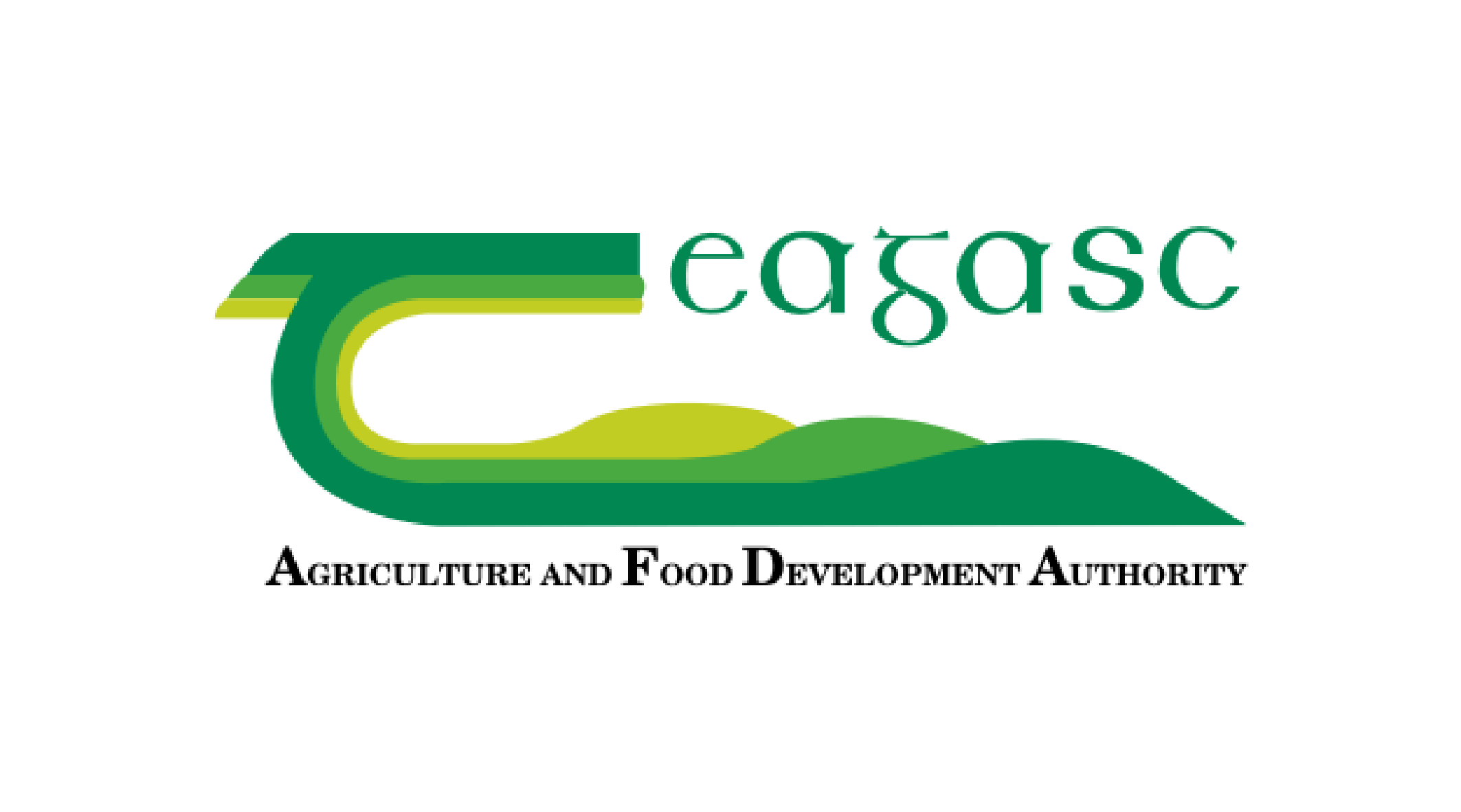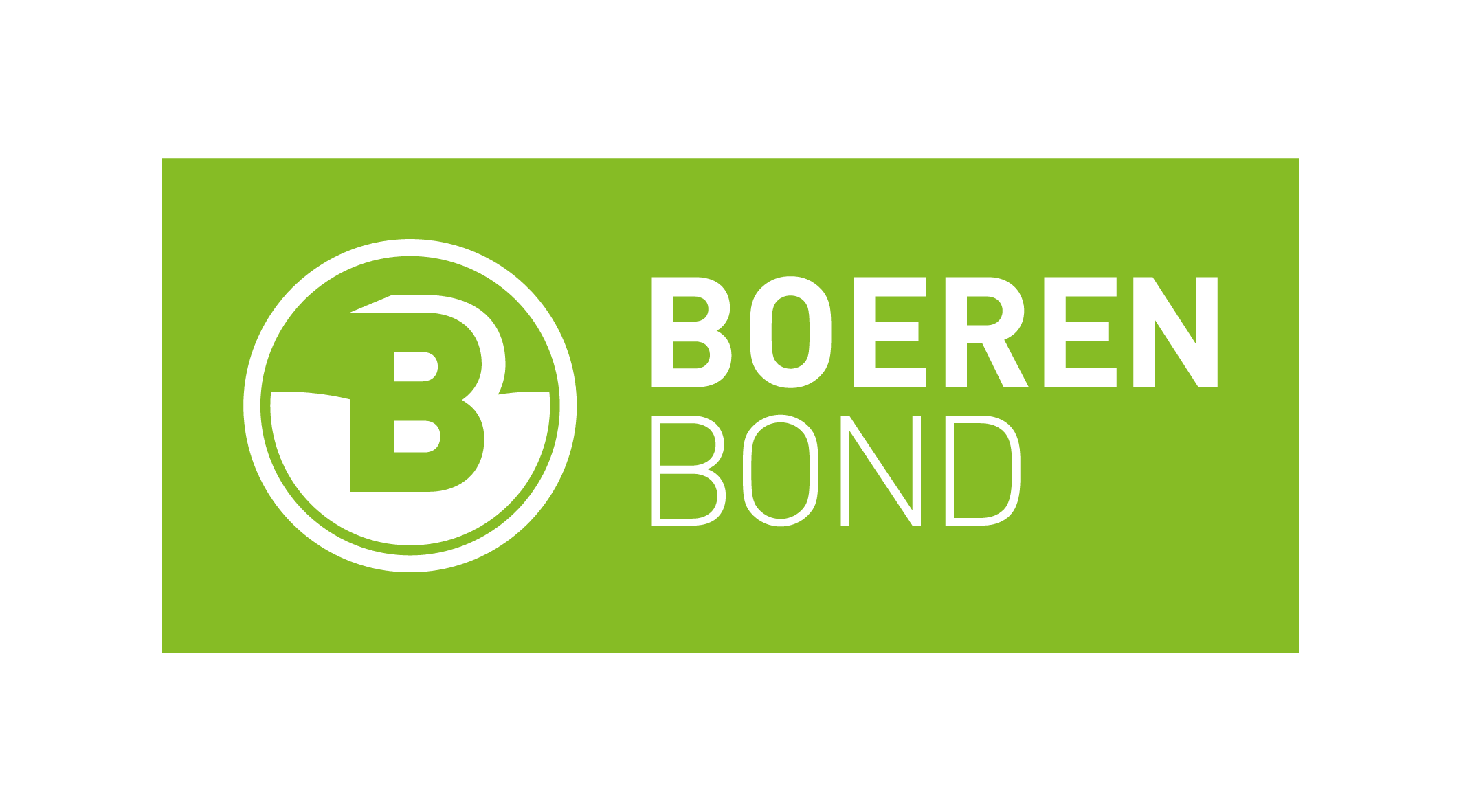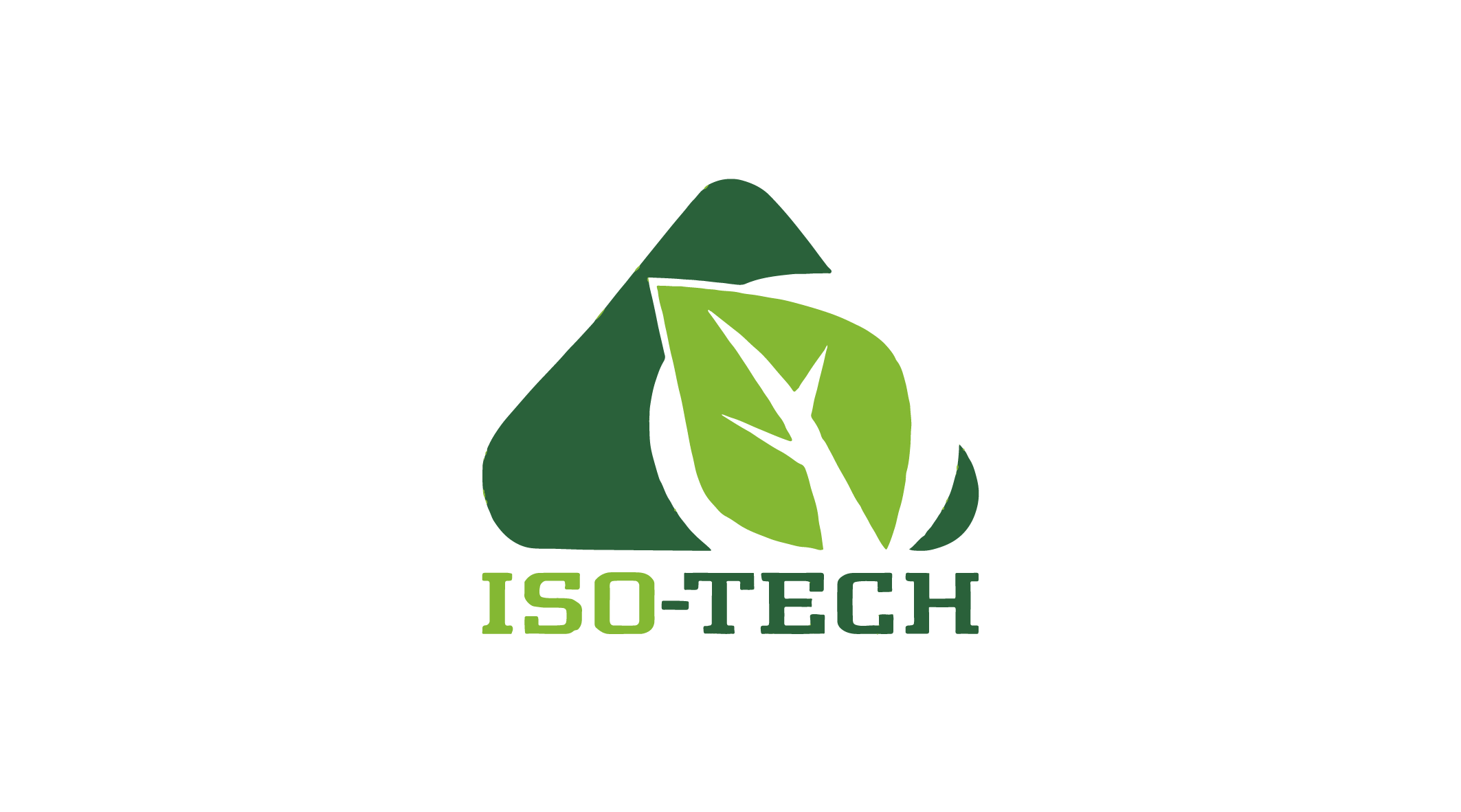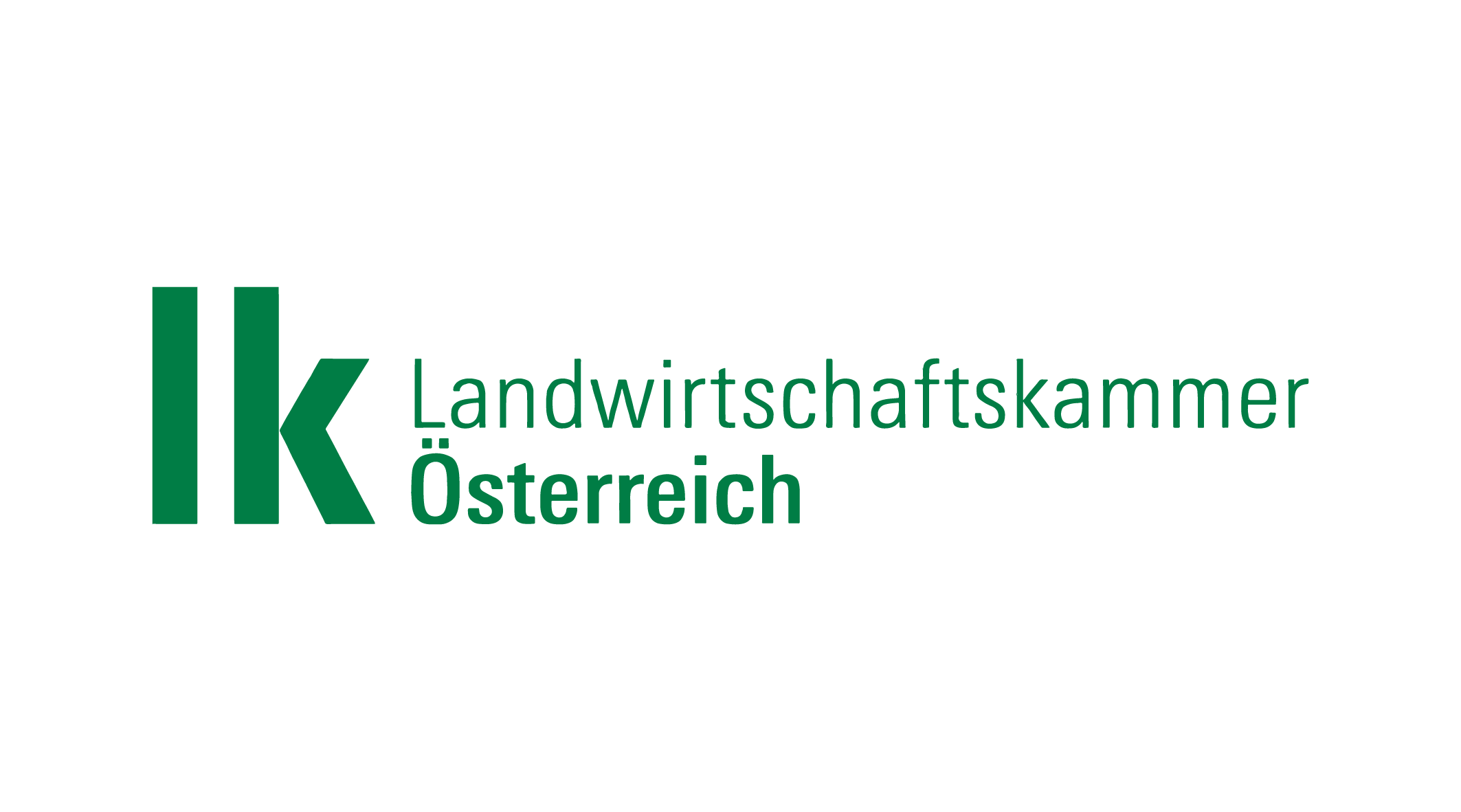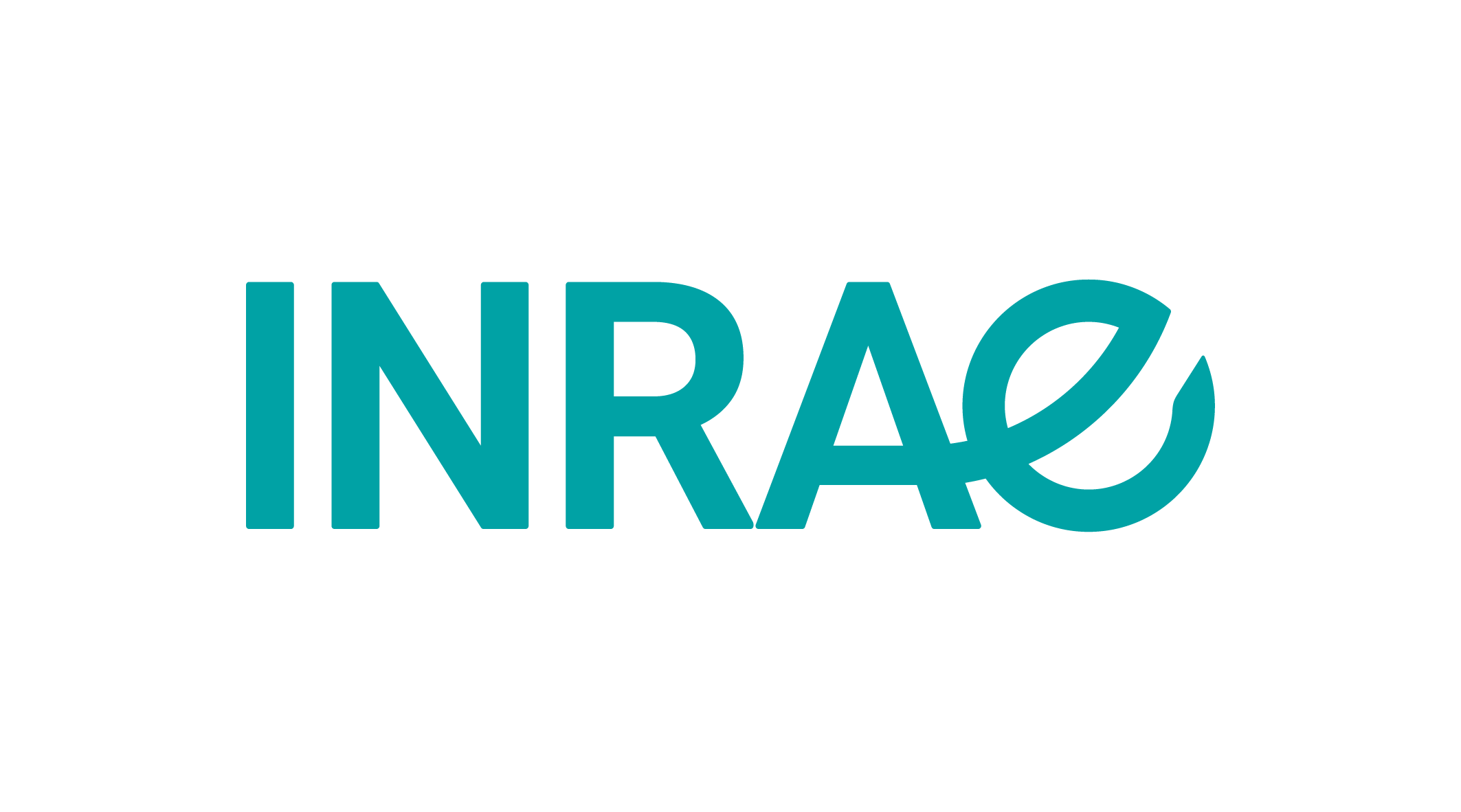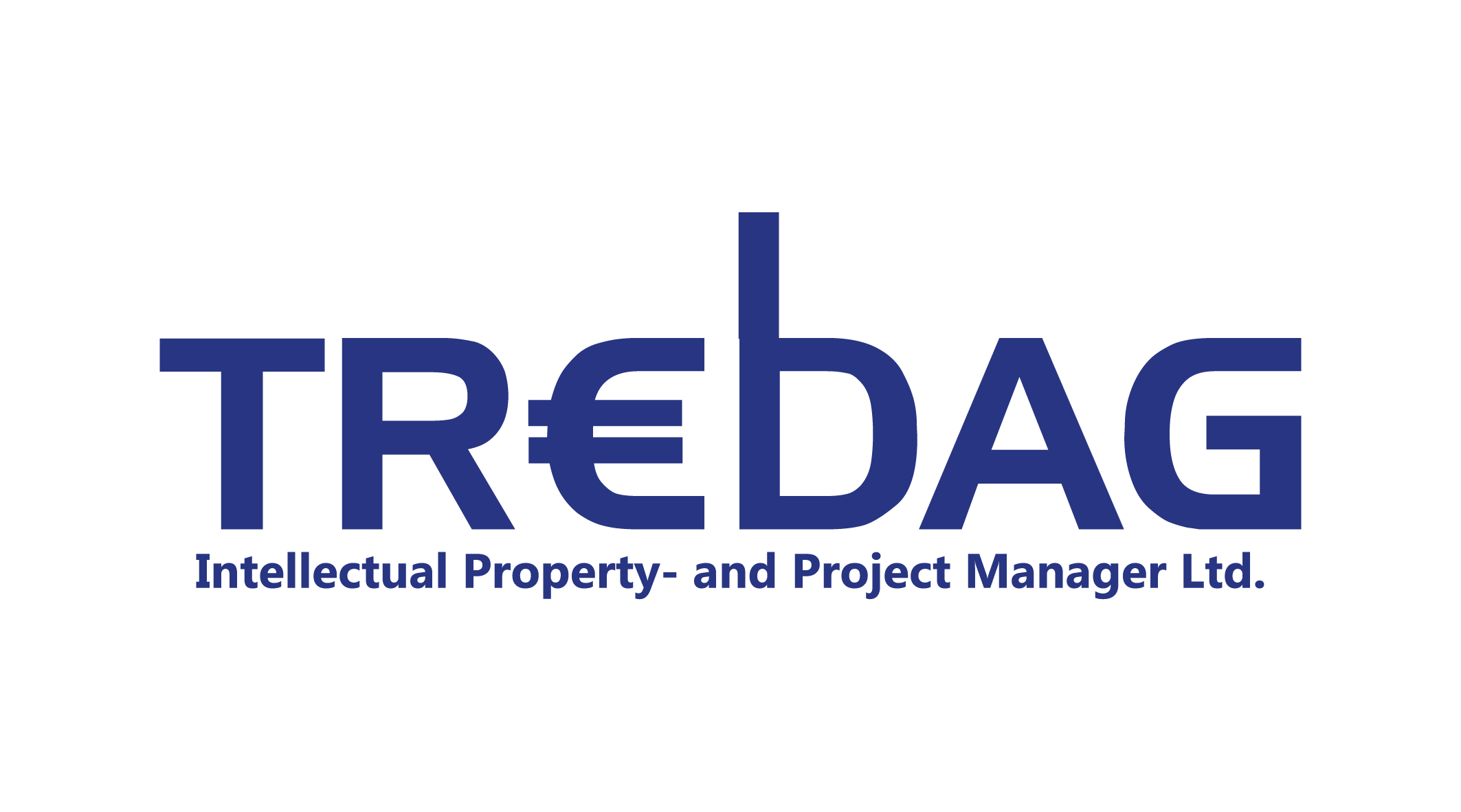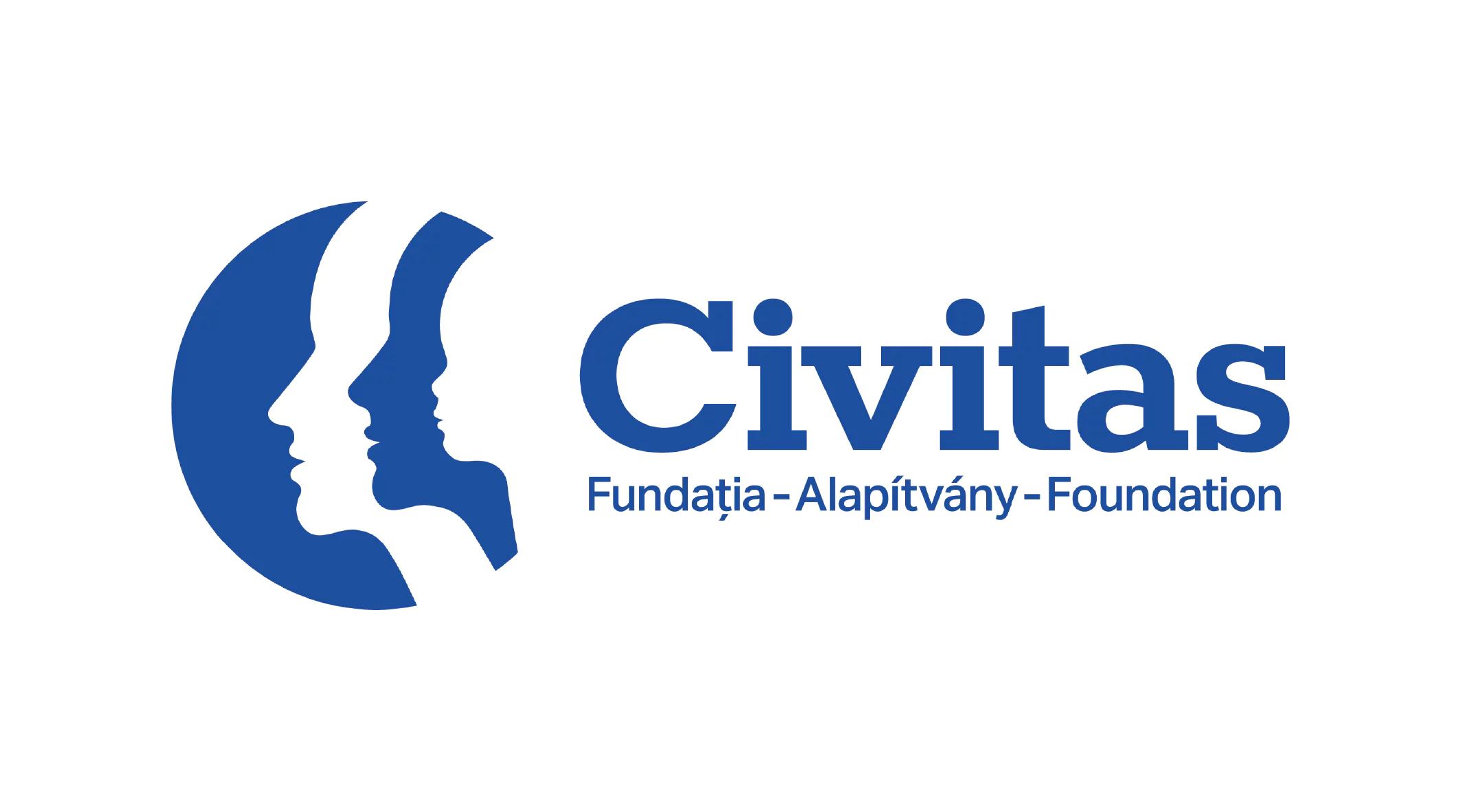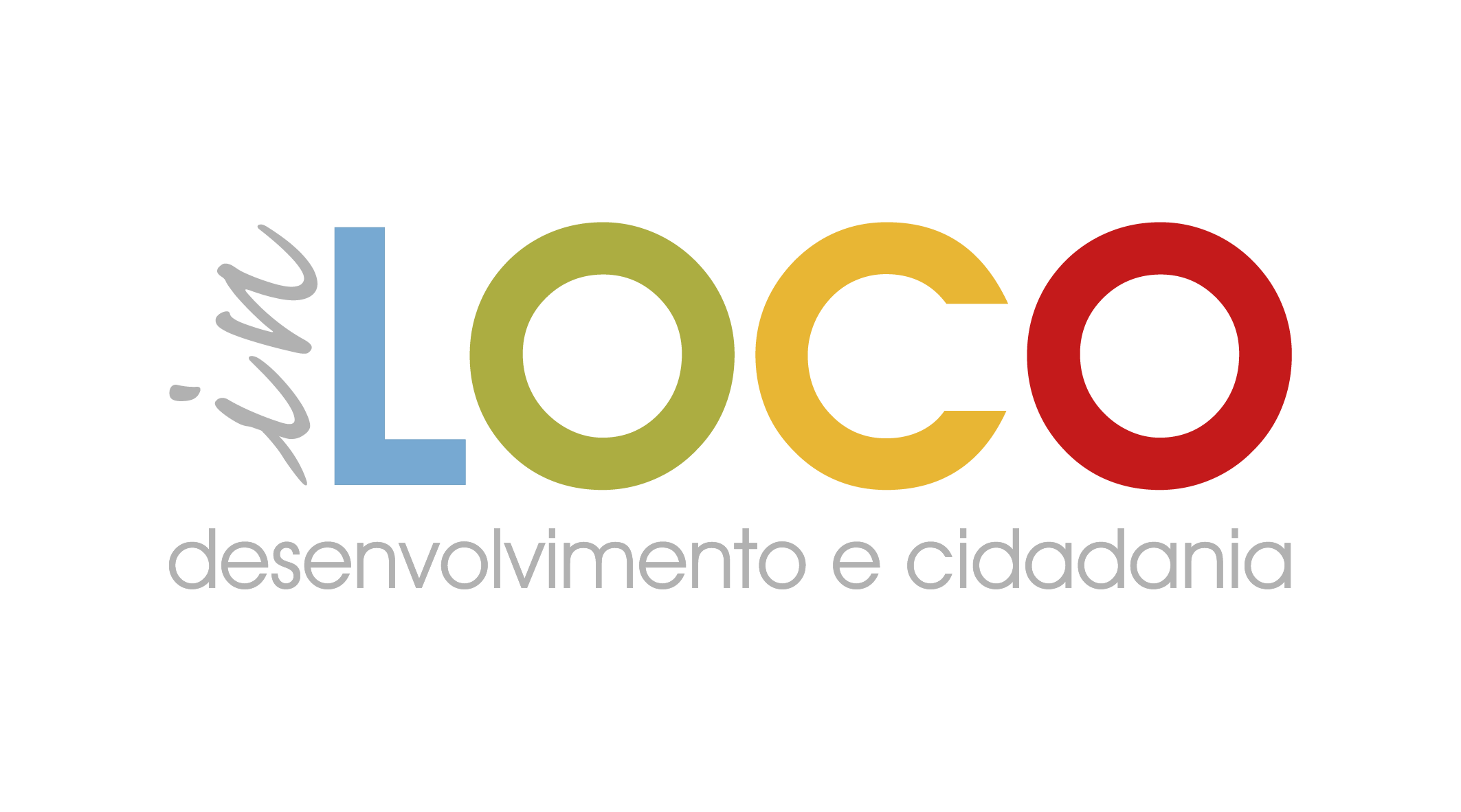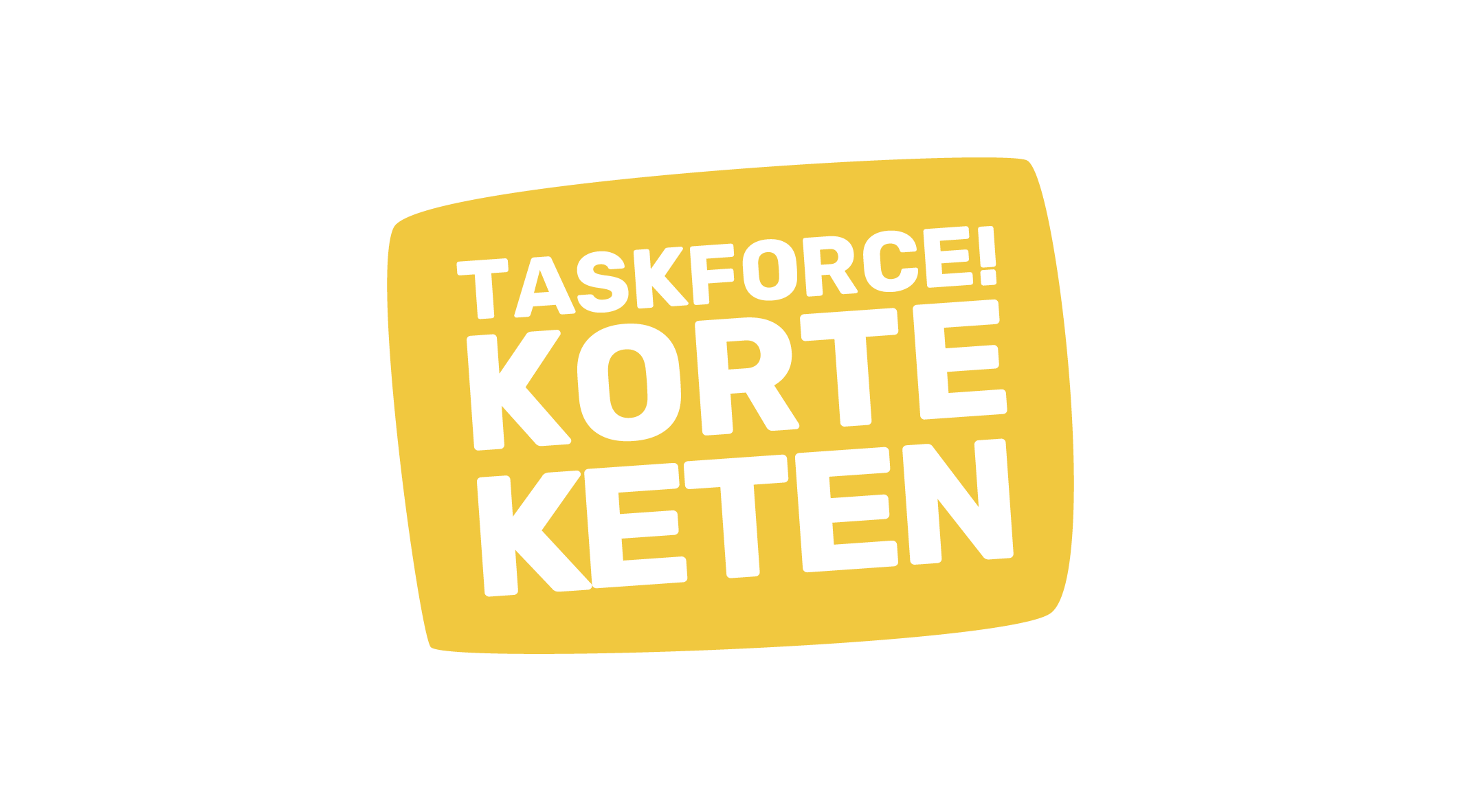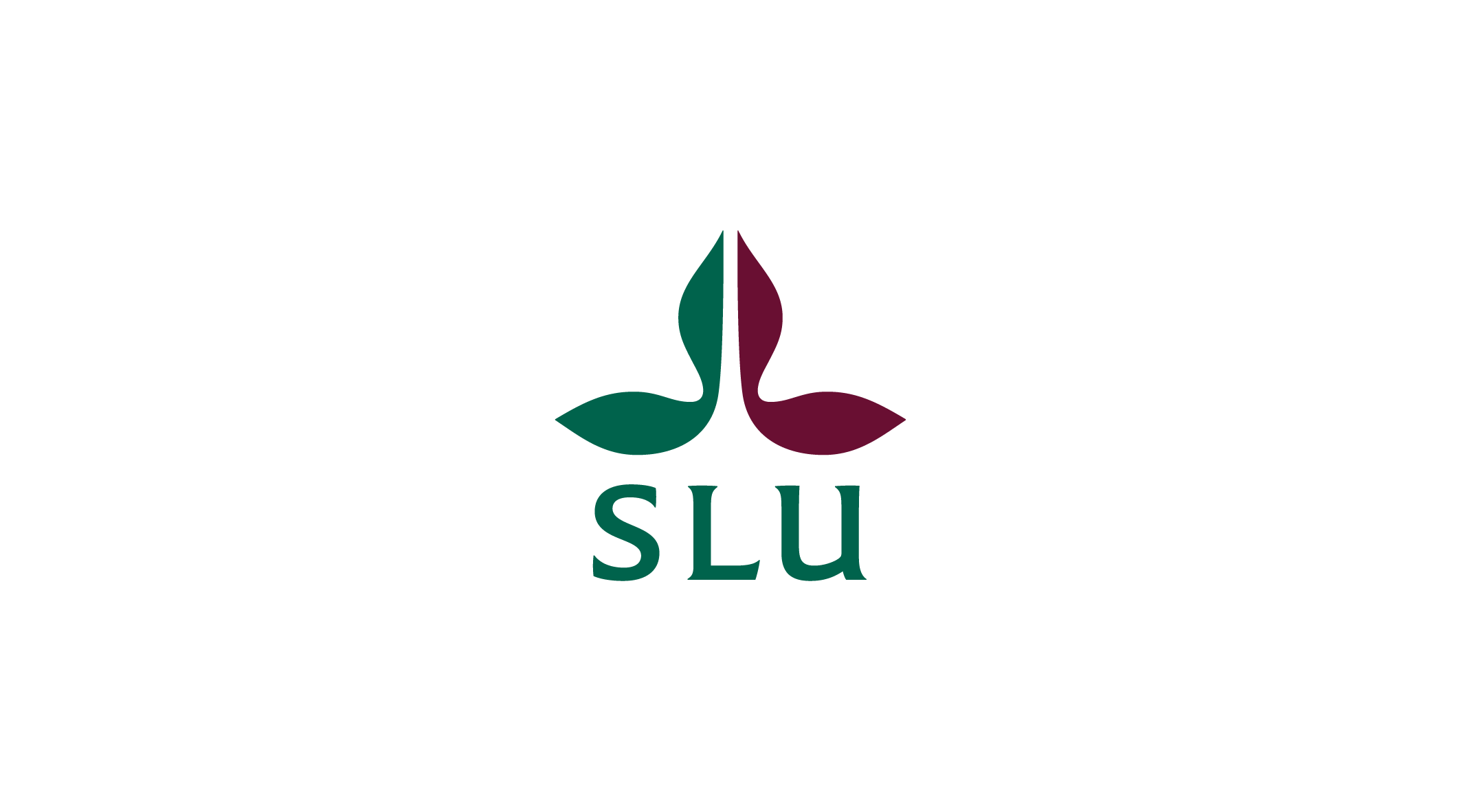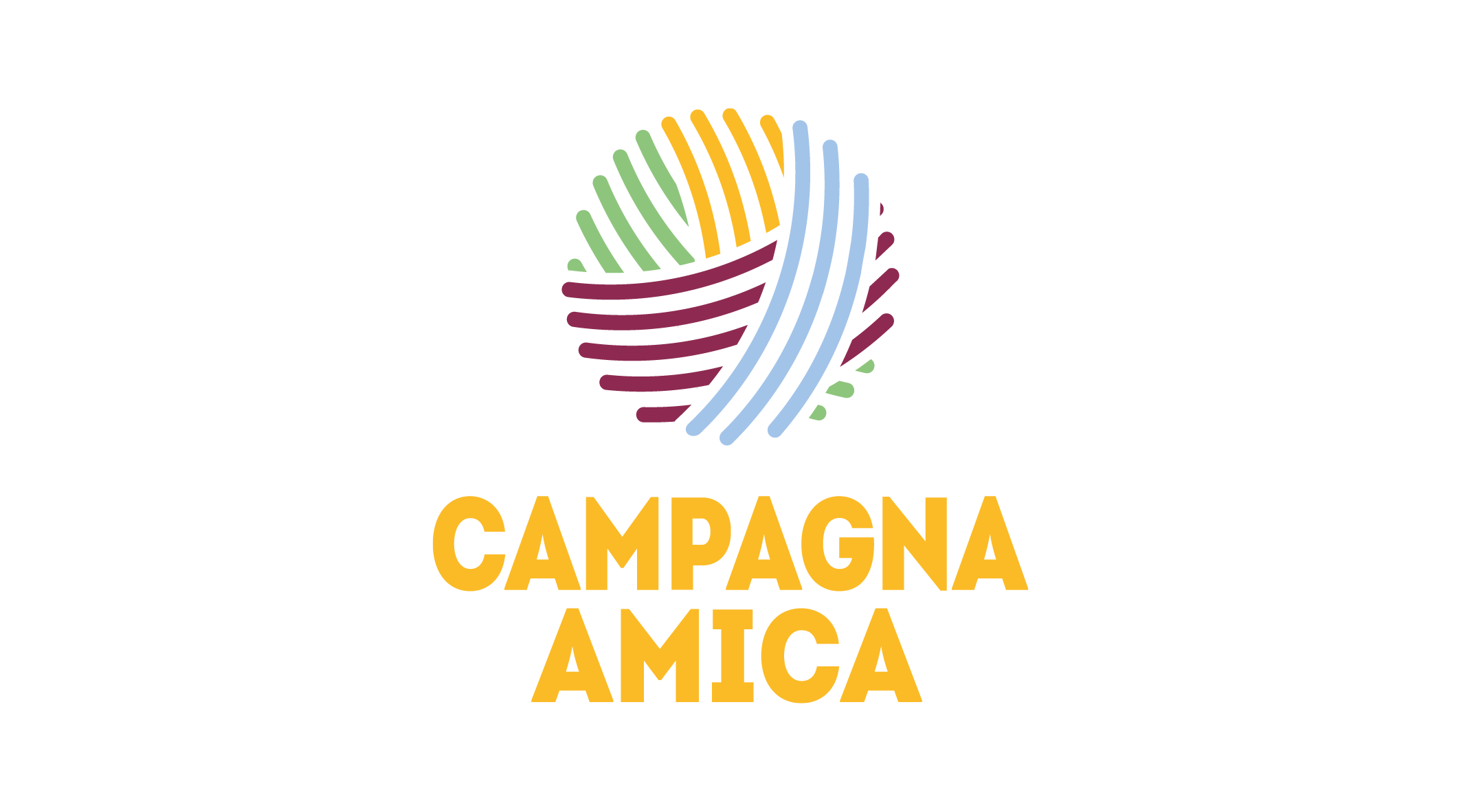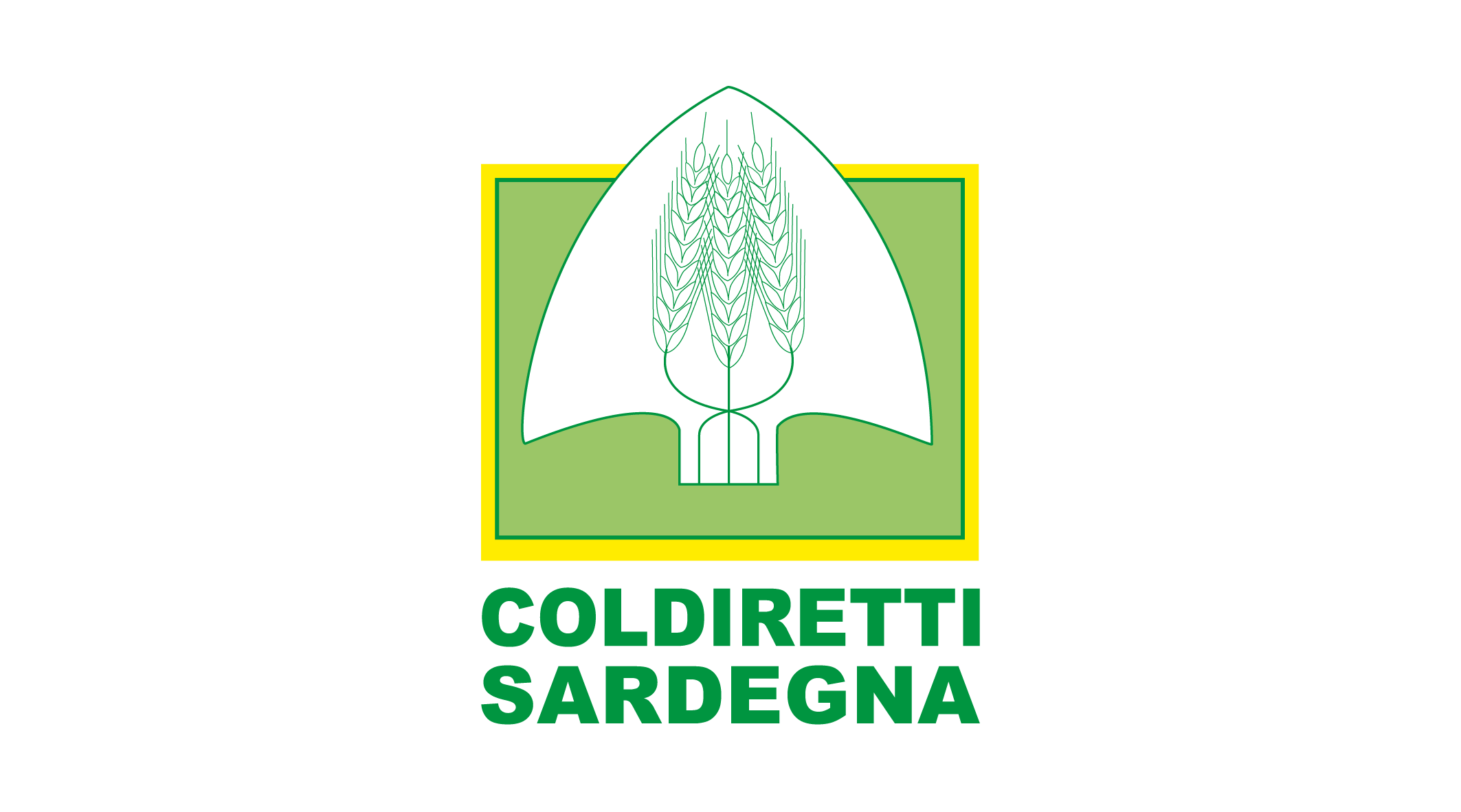ABOUT
Growing more inclusive, resilient, and sustainable food systems
The EU’s Farm to Fork Strategy (F2F) and EU Green Deal look to SFSCs as an opportunity to rebuild a fairer, more resilient, sustainable and food-secure economy with family farming, small-scale food processing, agroecology and locally produced food for local markets.
The Covid-19 pandemic prompted interest in developing new SFSC models based on IT-enabled solutions, social solidarity and a sharing economy in line with the ambitions of the F2F Strategy. Yet SFSCs remain of marginal importance in a food system that needs to be reformed due to variety of factors.
These include:
- information and knowledge gaps
- institutional and regulatory barriers
- weak position of farmers in the value chain
- logistics and distribution barriers
- no customized policy and related advisory or support in most member states.
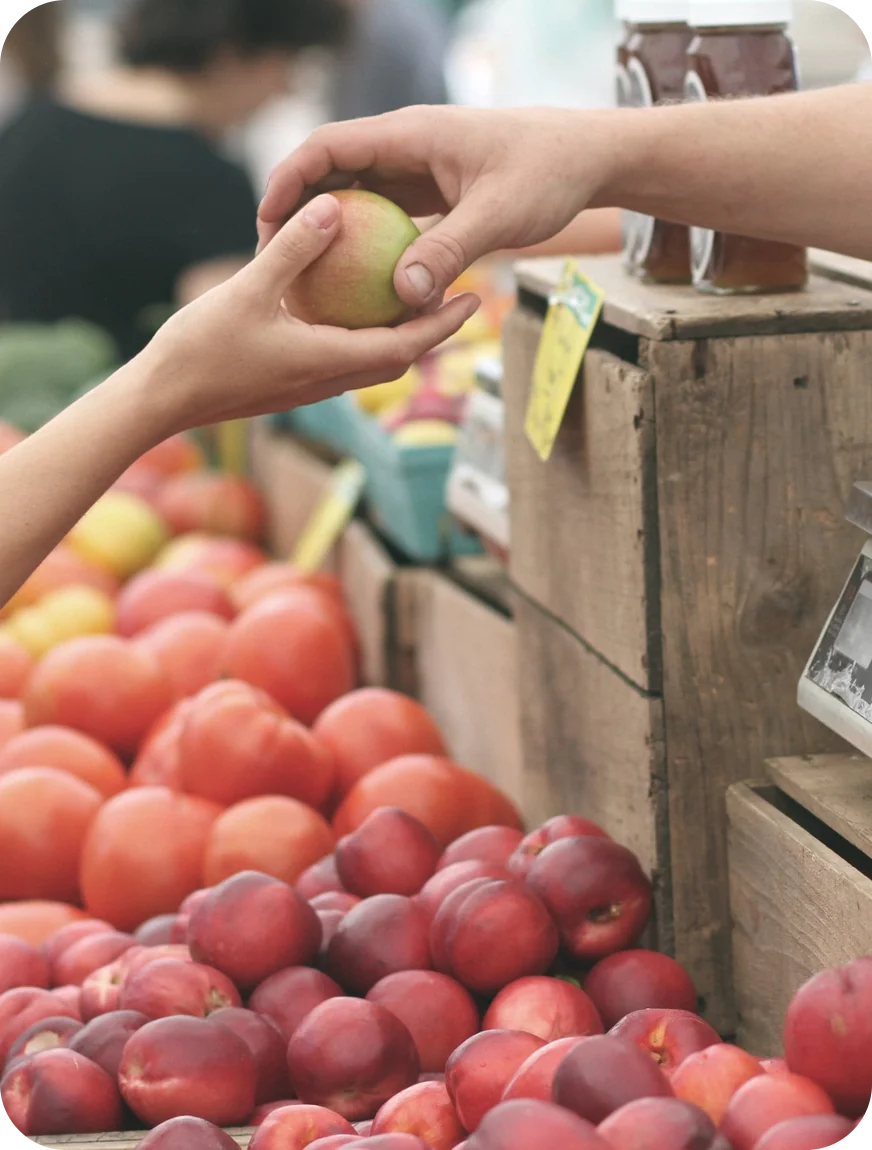
Advisory services do not take into account farmer and consumer needs, circumstances and opportunities, power imbalances shaping the market place, ineffective governance and others.
For SFSCs to develop across the European Union, an advisory service for SFSC initiators and organisers needs to be set up. Such a service should offer two types of solution to boost performance: proven ones and pioneering ones.
Across the European Union, SFSC standards and models vary widely. Formal and informal advising is being pursued in many member states but this knowledge and experience are little shared between countries. A priority in the CAP-Plan is to mainstream local markets for locally-produced food in some EU countries.
However, a one-size-fits-all approach to public advisory services is unlikely to prove effective because much of the relevant skills and knowledge reside with farmers, consumers and others who are engaged in co-creating SFSC initiatives. This means that an SFSC advisory and support models should embrace diverse formal and informal advisory arrangements. These include public sector, private sector and civil society advisors. In addition, different policy, regulatory and market realities of individual member states should be taken into account.
A new form of SFSC advising is needed because all those involved must deal with much more than agricultural production and processing. They must also deal with logistics, compliance issues, finance, marketing, distribution and sales.

OUR SOLUTIONS
The key task of COREnet is to develop an SFSC advisory and support system based on learning and sharing in partnership, consistent with the Agricultural Knowledge and Innovations System (AKIS). This system seeks to bring research and practice closer together, to foster a partnership approach among SFSC stakeholders, to promote innovation across themes and borders, and to support the digital transition in agriculture.

WHAT ARE SFCSs?
“A short supply chain means ‘a supply chain involving a limited number of economic operators, committed to cooperation, local economic development, and close geographical and social relations between producers, processors and consumers’” (EAFRD, 2013).
OBJECTIVES
COREnet seeks to improve the performance and impact of SFSCs by nurturing supporting services and sharing materials. The project will identify and support 27 “lighthouse” projects (1 in each member state). These projects will apply and adapt the experience and knowledge from the 40 Golden Cases in order to constitute a knowledge base for the advisory.
By engaging with SFSCs and their advisors in different countries, we seek to enable peer-to-peer learning and ‘sense-making’ rather than pass judgement as to what constitutes success or good practice. We acknowledge that much depends on the specificities the food market in each country. This is why we will look at various ways to foster mutual learning and support between SFSC practitioners. COREnet thus seeks to strengthen the links between research, education, public, private and civil society advisors, and farming practice at all stages from farm to fork. Furthermore, we will look at existing gaps in skills and knowledge, and identify institutional and regulatory barriers and opportunities from local to EU level.
COREnet will deliver an autonomous and viable learning network for peer learning across Europe for SFSC practitioners. It addresses a range of advisors, including private and public ones, and also those who do not come within the scope of AKIS.
IMPACTS
Our contribution to the economy, society, research and the SFSC R&I landscape
- New knowledge & know-how to help improve the impact, sustainability, and performance of SFSCs in different country contexts.
- Better understanding of the limitations and benefits of SFSC peer-to-peer learning & mutual support at the national and international levels.
- Improved performance and larger scale impact of SFSCs thanks to advisory and support services tailored to local specificities.
- Inclusion of new interactive forms of SFSC advising in regional, national & European AKIS.
- More SFSC-friendly policies and regulatory frameworks across EU-27.

SKIN HERITAGE
(Re)connecting with our Agri-Food Community
SKIN was an earlier project in this field, aimed at fostering demand-driven innovation and at building long-term collaboration among Europe’s farming community. It provided the basis and beginning of an SFSC stakeholder network for mutual support and learning. COREnet builds on the resources, achievements and networks of the SKIN project.

